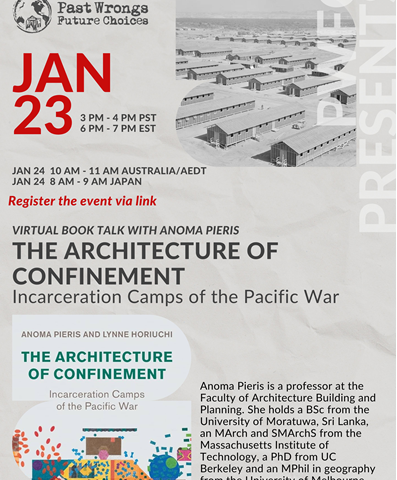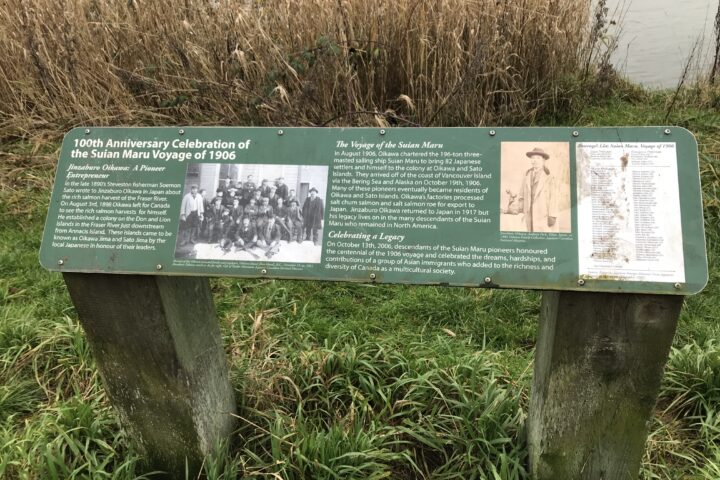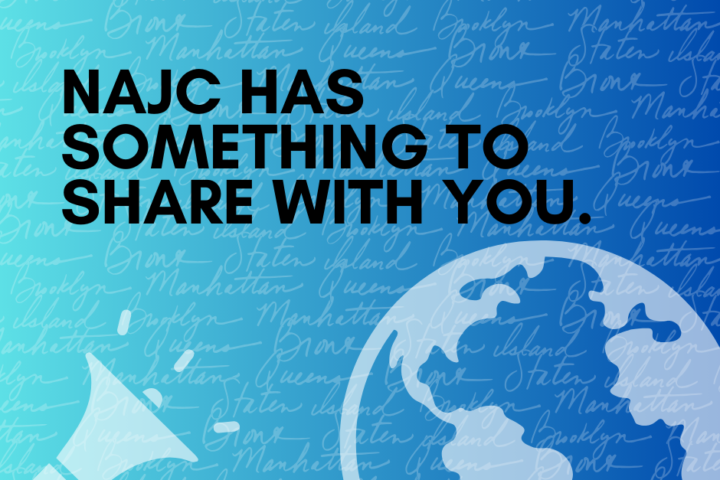March 21 is the International Day for the Elimination of Racial Discrimination. It commemorates the day when the police killed 69 people at a peaceful demonstration against apartheid “pass laws” in 1960 in Sharpeville, South Africa.
We remember the history of hate. However, this hatred is not just in the past: racism has not been eliminated. This past week, Asian American and Canadian communities were shaken by the shootings in Atlanta. Six of the eight people killed were women of Asian descent. The suspect’s motives are still being investigated, but there has been an upsurge in the attacks against Asian Americans and Canadians over the past year. People of Asian ethnicity are being blamed for causing the COVID-19 pandemic. For 2020, the Vancouver Police Department reported a 97 per cent increase in hate incidents and a 717 per cent increase in anti-Asian hate incidents over 2019 numbers. We know that not all incidents are reported to the police, so the numbers are even higher. #StopAsianHate
In the past year, we heard the unrelenting stories of Black people who were killed. #BlackLivesMatter #Indigenous people are also disproportionately represented in the numbers of those who have been killed and in the numbers of women and girls who experience violence.
There isn’t a simple answer to eliminate racial discrimination. It takes all of us, individuals, groups, organizations, businesses, unions, schools, media and government to take action. One important piece is education. Another is providing the space to share our stories and build inclusivity. Too often, Indigenous stories, including pre-colonial ones, and racialized stories are not a part of Canadian history. We are seen as the “others,” as those who don’t belong.
There is diversity within racialized communities. We’re not all the same, but the one thing we have in common is the experience of racism. We have also experienced the questions, assumptions and jokes based on the negative view of cultural differences, such as appearance and traditions. And it’s not exclusive to newcomers. NAJC president Lorene Oikawa is a fourth generation Canadian, but this doesn’t prevent some people from asking her, “Where are you really from?”
“Othering” people with a question, comment or joke has repercussions. It perpetuates stereotypes, marginalizes racialized people and contributes to an environment where bullies thrive.
One immediate step we can take is to challenge stereotypes and biases. If you are genuinely interested in someone’s background, then ask them about their heritage. Don’t assume they aren’t Canadian. As Oikawa says, “My family came to Canada from Japan in the 1800s. I really am from Surrey.”



